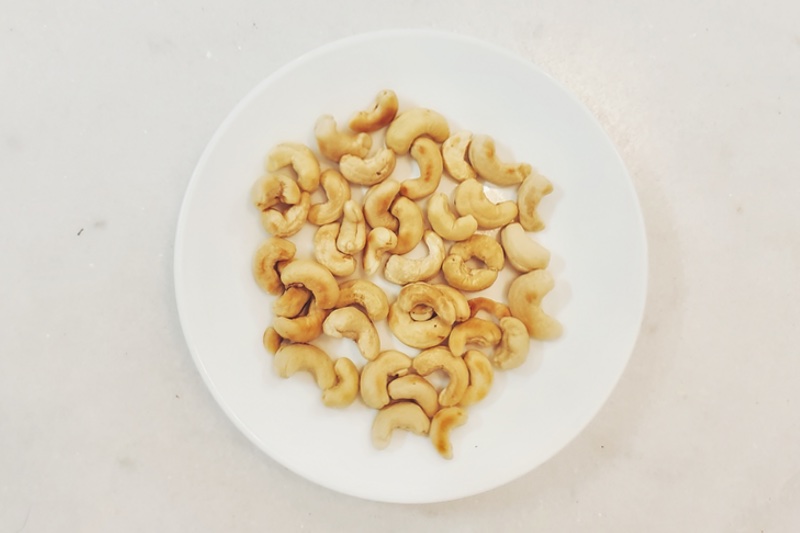A team of international scientists have discovered an environmentally friendly method of producing sunscreen made from cashew nut shells.
Using the waste product, ‘green chemists’ from the University of the Witwatersrand in South Africa have produced aromatic compounds that show “good” UVA and UVB absorbance.
The scientists have said this could be used to protect humans and livestock against harmful sun damage.
A major drawback of current UV protection agents is their negative effect on the environment, especially on aquatic ecosystems.

Common sunscreen ingredients oxybenzone and octinoxate have been shown to degrade coral reefs’ resilience and ability to adjust to climate change.
Coral reefs host more than 25% of all marine life on the planet.
As a result, last year Hawaii became the first US state to ban sunscreen containing the ingredients.
Professor Charles de Koning, from the Wits School of Chemistry, said: “With the current concerns over the use of fossil resources for chemical synthesis of functional molecules and the effect of current UV absorbers in sunscreens on the ecosystem, we aimed to find a way to produce new UV absorbers from cashew nut shell liquid as a non-edible bio renewable carbon source.
“Cashew nuts are a waste product in the cashew farming community, especially in Tanzania, so finding a useful, sustainable way to use these waste products can lead to completely new, environmentally friendly ways of doing things.”
The team has filed a patent application to commercialise the process in South Africa.
